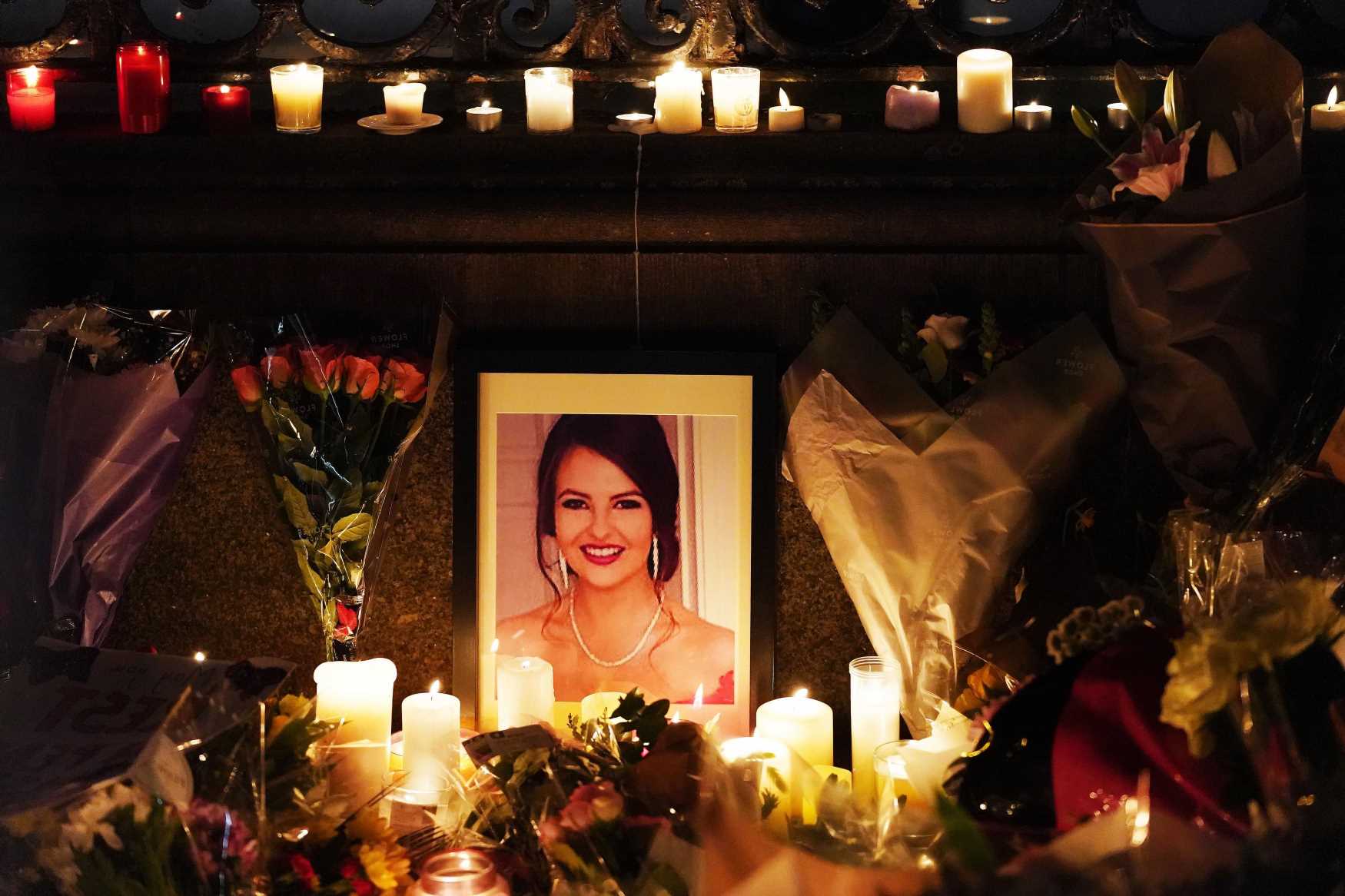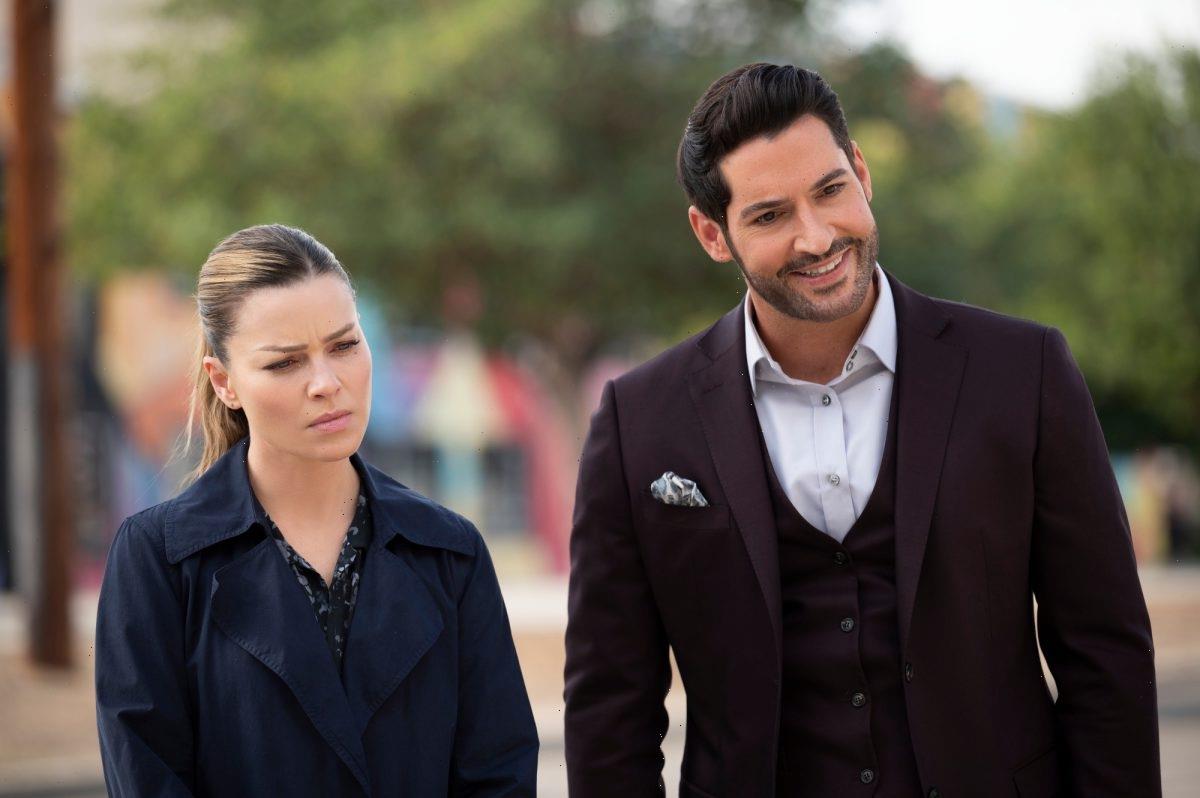EVERY January, the life and work of poet Robert Burns is celebrated by Scots on January 25 – also known as Burns Night.
It's customary to celebrate his life's work in his native tongue. Here's how to say Happy Burns Night in Gaelic.
How to say Happy Burns Day in Scottish Gaelic
Robert Burns, who did not actually speak Gaelic, was known for his willingness to write in both English and his local dialect.
To mark the occasion, those celebrating Burns Night should embrace the Scottish Gaelic.
People traditionally greet each other with the phrase "Sláinte Mhath!" which translates to "Good Health!" – it's pronounced "slanj’-uh va’".
If you want to directly translate the words "Happy Burns Night" you could try "Oidhche Bhlas Burns".
Although that's not a recognised greeting, people will probably still appreciate the effort.
What are the traditional Scottish Gaelic greetings?
If you want to spice up your Burns Night vocab with more than just a basic phrase you could try some of these gems:
- Fàilte! – Welcome! – pronounced "fal’-tchuh"
- Mìle fàilte! – A thousand welcomes! – pronounced "mee’-luh fal’-tchuh"
- Alba gu brath! – Scotland forever! – pronounced "al’-a-pa ga bra"
- Mòran taing! – Many thanks! – pronounced "maw’-run tah’-eeng"
- Meal a naidheachd! – Congratulations! – pronounced "m-yallan-eh-oechk"
MORE ON BURNS NIGHT
DON'T BURNS IT! What is haggis made of?
Here's how to do Burns Night if you're a vegan, veggie or on a budget
When is Burns Night 2022 and how is the annual event celebrated?
What is Burns Night and why do we celebrate Robert Burns on January 25?
How do Scots celebrate Robbie Burns Day?
Burns Night celebrations vary around the UK but usually begins with bagpipes greeting guests and a host making a welcome speech.
Scots will usually indulge in soup's, usually a Scotch broth, cock-a-lekkie or cullen skink, followed by the country's favourite; Haggis.
A Burns poem is usually readout, with firm favourite, Address to a Haggis, as their first choice.
The poem begins with the line: "Fair fa' your honest, sonsie face, Great chieftain o' the puddin-race!" to celebrate their beloved Haggis.
The meal and recital are followed by a whiskey toast, with an evening dedicated to a mix of Scottish poetry and dancing to bagpipes.
Who was Robert Burns and when did he die?
Also known as Rabbie Burns, the Bard of Ayrshire or the Ploughman Poet, Robert is the world's best known Scots poet – and was an outspoken political commentator.
He also wrote in English and was known as a pioneer of the Romantic movement, as well as an inspiration for the founders of liberalism and socialism.
A symbol of national pride, Robert was voted as the greatest Scot ever by members of the public in 2009, in a national poll run by Scotland's STV.
He was born in Alloway, Ayrshire, in January 1959 – and passed away in Dumfries on July 21, 1796, at the age of 37.
Source: Read Full Article








